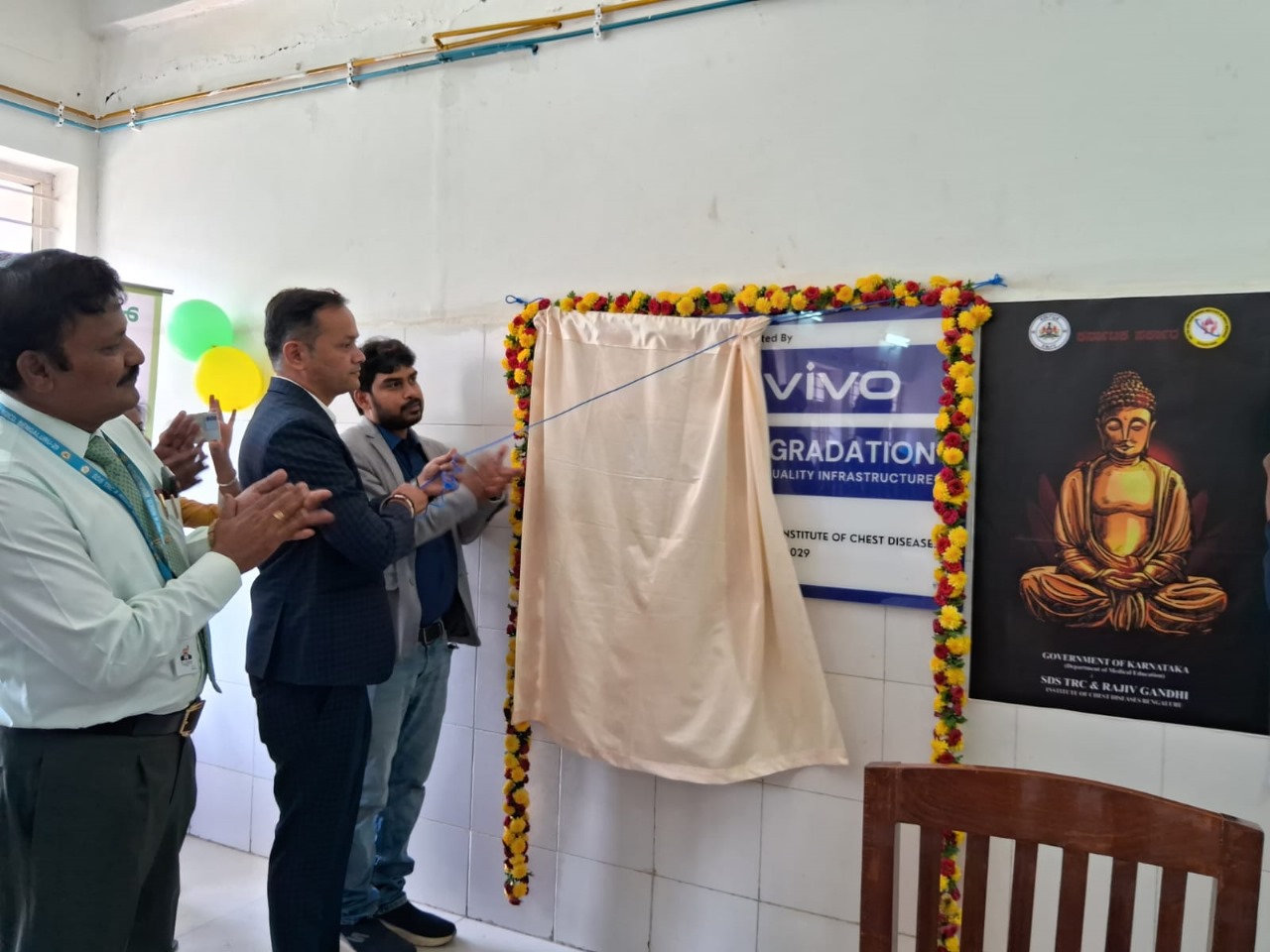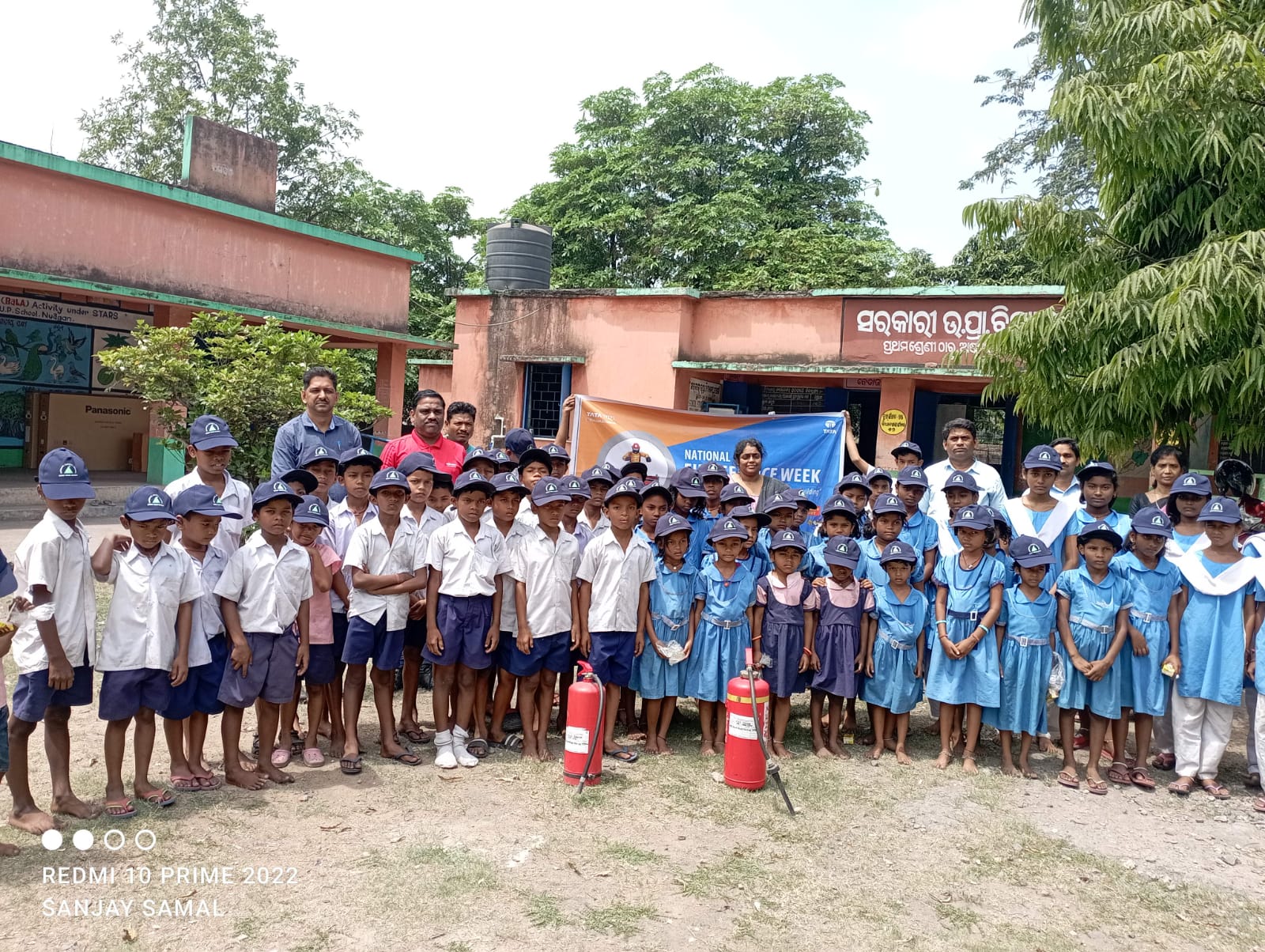Subscribe our Weekly Newsletter
Call for Papers - South Asian Forum on the Acquisition and Processing of Language SAFAL 2022

Organization Name: Indian Institute of Technology Bombay
Apply By: 03 Oct 2022
Location: Mumbai
Presentation Date: 02 Dec. 2022 - 03 Dec. 2022
About the Organization
Established in 1958, the second of its kind, IIT Bombay was the first to be set up with foreign assistance. The funds from UNESCO came as Roubles from the then Soviet Union. In 1961 Parliament decreed the IITs as ‘Institutes of National Importance'. Since then, IITB has grown from strength to strength to emerge as one of the top technical universities in the world.
The institute is recognised worldwide as a leader in the field of engineering education and research. Reputed for the outstanding calibre of students graduating from its undergraduate and postgraduate programmes, the institute attracts the best students from the country for its bachelor's, master's and doctoral programmes. Research and academic programmes at IIT Bombay are driven by an outstanding faculty, many of whom are reputed for their research contributions internationally.
IIT Bombay also builds links with peer universities and institutes, both at the national and the international levels, to enhance research and enrich its educational programmes. The alumni have distinguished themselves through their achievements in and contributions to industry, academics, research, business, government and social domains. The institute continues to work closely with the alumni to enhance its activities through interactions in academic and research programmes as well as to mobilise financial support.
About the Conference
The study of cross-linguistic variability between languages has been a central question in linguistic theory and has delivered important insights on language. This focus on cross-linguistic variation is essential for formulating and testing linguistic theories: A theory of grammar should be a theory of all possible human grammars. Similarly, a theory of the psychology of language should be based on cross-linguistic evidence: Although grammars are language-specific, speakers' minds and brains are species-specific and function according to the same principles (Bock, Eberhard, Cutting, Meyer, & Schriefers, 2001).
However, a majority of psycholinguistic research focuses almost exclusively on European languages: as of 2009, one could find psycholinguistic studies on less than 1% of the world’s languages (Jaeger & Norcliffe, 2009; Norcliffe, Harris, & Jaeger, 2015). This is a problem, because much of our theory-building is based on a limited group of languages, ignoring a treasure trove of syntactic, morphological, and semantic variation that could hold the key to our understanding of how the mind works. In particular, cross-linguistic data may help answer questions such as: What are the processing strategies and constraints that can be deemed universal, i.e. holding across all languages? What is the cross-linguistic variability with regard to processing strategies across languages? Equally, we can ask about the growth of grammars in young children in mono-, bi- and multilingual contexts and how such studies can inform us about the universality of language acquisition as well as the specifics that concern individual languages. In order to answer such questions, we need to investigate languages from varied language families. Recent work on the interaction of memory constraints and expectation in verb final languages vs verb medial languages, for example, has revealed that prediction processes in the former seem to be able to withstand memory constraints better than the latter (e.g., Vasishth, Suckow, Lewis, & Kern, 2010). Work within language acquisition suggests that lexical features such as animacy and gender in contrast to phonologically driven rules are harder for children to acquire and that there are effects of typology on both the speed of language acquisition and the observed trajectories. Such typological variability and our ability to make certain typological predictions in psycholinguistics cannot be determined by studying languages of a single family or a single geographical region.
SAFAL with its focus on the languages of India is an initiative that seeks to address the needs as outlined above. India is uniquely placed for such an enterprise with 22 languages in the 8th Schedule, over 450 recognised individual languages (Ethonologue) and many more languages and dialects that have not received official recognition. These languages cover seven language families with multilingualism as the norm rather than an exception among the speakers. Frequently, individuals speak languages from different language families. This linguistic diversity provides a rich context for the development and testing of psycholinguistic theories.
Call for Abstracts
We invite abstracts for 30+15 minute talks, and for poster presentations. Please specify explicitly if your submission is intended to be a talk or a poster. Areas of interest to the conference in the context of linguistic landscape of the region include among others:
- phonetic/phonological/lexical/sentence/discourse processing
- computational modeling
- corpus-based psycholinguistics
- neurobiological investigations of language
- language acquisition in mono-/bi-/multilingual contexts
How to Apply
The maximum length for the abstract is 3 pages. This includes example sentences, figures, and bibliography. The abstracts are not anonymous. Please ensure that there is a 2.5 cm margin on all sides, that the text is single-spaced, and that you use a 12-point Times New Roman font. IPA/phonetic symbols may be used as necessary.
Please submit the abstract as a single PDF file at https://easychair.org/conferences/?conf=safal2022.
For more information please check the Link
Latest Online Store
Latest Tenders And EOIs
Latest News
© Renalysis Consultants Pvt Ltd


























